Attention Beer lovers!
Have you ever thought about what it takes to make the beer you’re enjoying so delicious?
Believe it or not, water has A LOT to do with making a beer so delicious. “Water is an extremely important aspect of brewing!” said homebrewer, Kelsey Black. Kelsey is part of a Father and Daughter Homebrewing duo from Raliegh, NC. She was nice enough to answer a few questions we had about water and the brewing process.
First things first, we’re going to break down key aspects of water and how they relate to the brewing process.
There are four main aspects of water we’re going to explore:
- pH
- Hardness
- Alkalinity and Residual Alkalinity
- Flavor Ions
pH
What is pH? pH is the measurement of acidity in water. When testing the water, you’re looking for concentrated hydrogen ions. This determines where a water sample will fall on the 0-14 pH scale. The ideal pH reading want is a 7 (seven) which indicates that there is an even balance of hydrogen and hydroxide ions. Anything below 7 is moving towards acidic territory, and anything above 7 is moving towards the base side of the scale.
Why is pH level of the water you are using to brew with so important? pH can influence everything from enzymatic activity and fermentability to the color and taste of your beer
Hardness
We’ve talked about “hard water” before, but usually, it’s something that you desperately want to get rid of. However, the calcium present is key to the brewing process. Water hardness can be used as an indicator of the amount of calcium and magnesium ions.
Alkalinity and Residual Alkalinity
Alkalinity is a measurement of how much a water sample will resist a change in pH. This is often referred to known as water’s buffering capacity. Hydroxide, carbonate and bicarbonate ions primarily contribute to alkalinity. They undergo reactions with acidic substances that increase water’s pH value.
Water sources in the US can have medium to high alkalinity, which can cause the mash pH to increase, this can cause mash efficiency issues and it can carry over into the final product and can cause an overall dullness and other unfavorable characteristics.
The alkalinity remaining after phosphates present in malt react with the calcium and magnesium in the water, which precipitates out insoluble salts lowering the pH (residual alkalinity). The residual alkalinity and the acidity of the malts being mashed will determine the mash of the pH which will affect the outcome of the final product.
Flavor Ions
Flavor ions are essential in defining a beer’s “character”. Flavor ions include sodium, chloride, and sulfate. Calcium and magnesium affect hardness and carbonates and bicarbonates affect alkalinity. These three groups work together to affect pH and mash chemistry, define the overall flavor of the beer.
Calcium affects enzymatic activity in the mash, protein coagulation during the boil and benefits yeast health. Calcium is essential in determining the clarity, flavor, and stability of the final beer.
Magnesium affects mash pH, but not as much as calcium. Magnesium is responsible for enhancing a beer’s flavor and sourness.
Sodium helps to round out flavors, accentuating malt sweetness.
Chloride will accentuate a fuller body and sweetness in beer, this is evident in malt-forward styles of beer. When used in appropriate quantities, Chloride can also improve the stability and clarity of a beer, but if too much is used, it causes a harsh drinking experience.
Sulfate is used to add dry crispness and hop bitterness in beer, especially in hop-forward styles. If the concentration of sulfate exceeds an appropriate amount, the beer can become harsh, sulfury and the hop bitterness can come across as harsh.
Bicarbonate is the primary source of alkalinity. It will affect the pH, and can alter the pH, of wort and ultimately the final product.
Now that we’ve broken down the aspects of water that effect in the brewing process, we’ve asked Kelsey to help clarify the use of water in homebrewing.
- What was the first thing you learned about water when you started homebrewing? “The first thing I learned about water is that you should never use distilled water! It removes all the impurities AKA “the good stuff” out of the water and, guess what – water is the most important aspect in the brewing process because of all of the minerals! And depending on where you live and the water quality, tap water may not be the best option either. But luckily for me, Raleigh, NC, and Cleveland, OH have some of the best water. Fun fact: You know a city has good water by the number of breweries it has, especially if it is located in the mountains and can use mountain spring water (i.e Denver, CO, and Asheville, NC)”
- Did you test your home’s water before you started homebrewing? Do you have to test each time you start a new beer? “We don’t test our water since we use city water and you can look up those reports online. And guess what, The City of Raleigh has a special report just for homebrewers with a full mineral analysis (so does Charlotte). And every city should have their water reports online.
Raleigh: https://www.raleighnc.gov/services/ content/PubUtilAdmin/Articles/ WaterQualityReports.html
Charlotte: https://charlottenc.gov/Water/ WaterQuality/Pages/ HomeBrewing.aspx
For example, The pH for beer should be between 5.2 and 5.5 and Raleigh’s is 8.42 – an easy way to lower your pH if it is too high is to add mineral salt like gypsum.”
- Did your home already have a filter system installed? If so, what type of filter system do you use? If not, did you have to get one installed? How do you ensure the water that you are using has the appropriate levels for brewing? “We don’t have a filter system for our water (we probably should). We trust our tap water and usually add Irish moss for purity and gypsum salt to lower the pH. We should probably be more mindful of the inevitable changing water quality and adjust appropriately. Maybe we should use our filtered water from our fridge, but I think it would take too long to get 5 gallons out and sadly, we ain’t got time for that.”
- What is the easiest type of beer to brew? “I’m not sure the best type of beer to brew if you have inconsistent water or don’t check your water quality, but water aside, the easiest beers to brew are American pale ale, wheat ale or amber ale. These don’t require a lot of extra steps and are the easiest to do with extract brewing.”
- What is one piece of advice you would give to someone who wants to start homebrewing? “I have two pieces of advice for beginners. 1. Take a class! You will learn some things that articles/instructions won’t teach you. And they will give you peace of mind because the first time brewing can be a little bit of a guessing game. Know that you will come out of the process with beer that you can drink. It may not be the best beer, but it won’t kill you! And 2. Sanitize, sanitize, sanitize! One of the easiest ways you can mess up your beer is by not sanitizing all of your equipment including your bottles and caps. You won’t believe how easy it is to allow bacteria to enter your beer. But the best advice I can give is the same advice that any other home brewer will give you – Relax. Don’t Worry. Have a homebrew!”
Big thanks to Kelsey Black of HenHouse Home Brewing for taking the time to answer our questions!
Love beer? In honor of National Beer Day and North Carolina Beer Month, we’re giving away 1-month subscription Original Craft Beer Club over on our Facebook. Must be 21+ to enter.


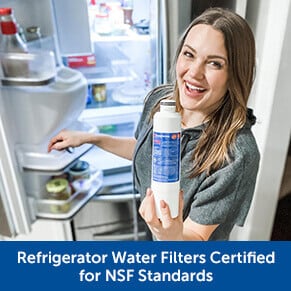



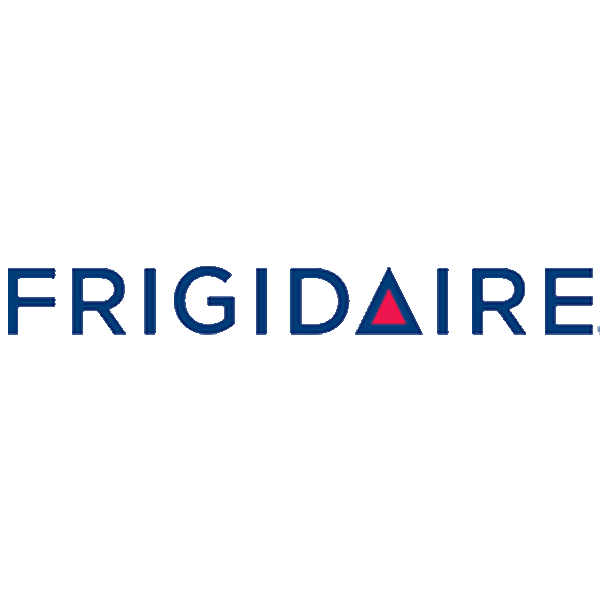


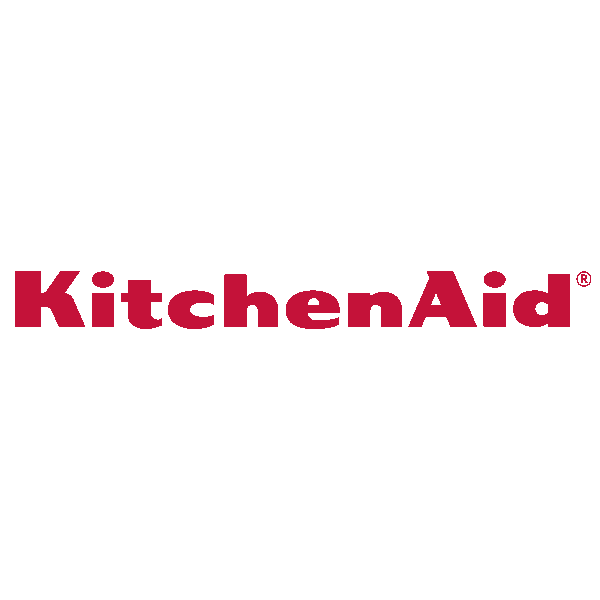


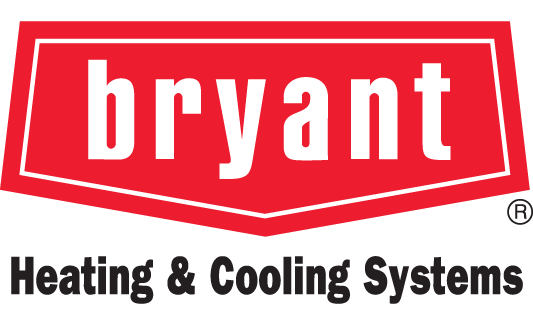
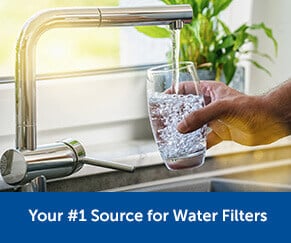

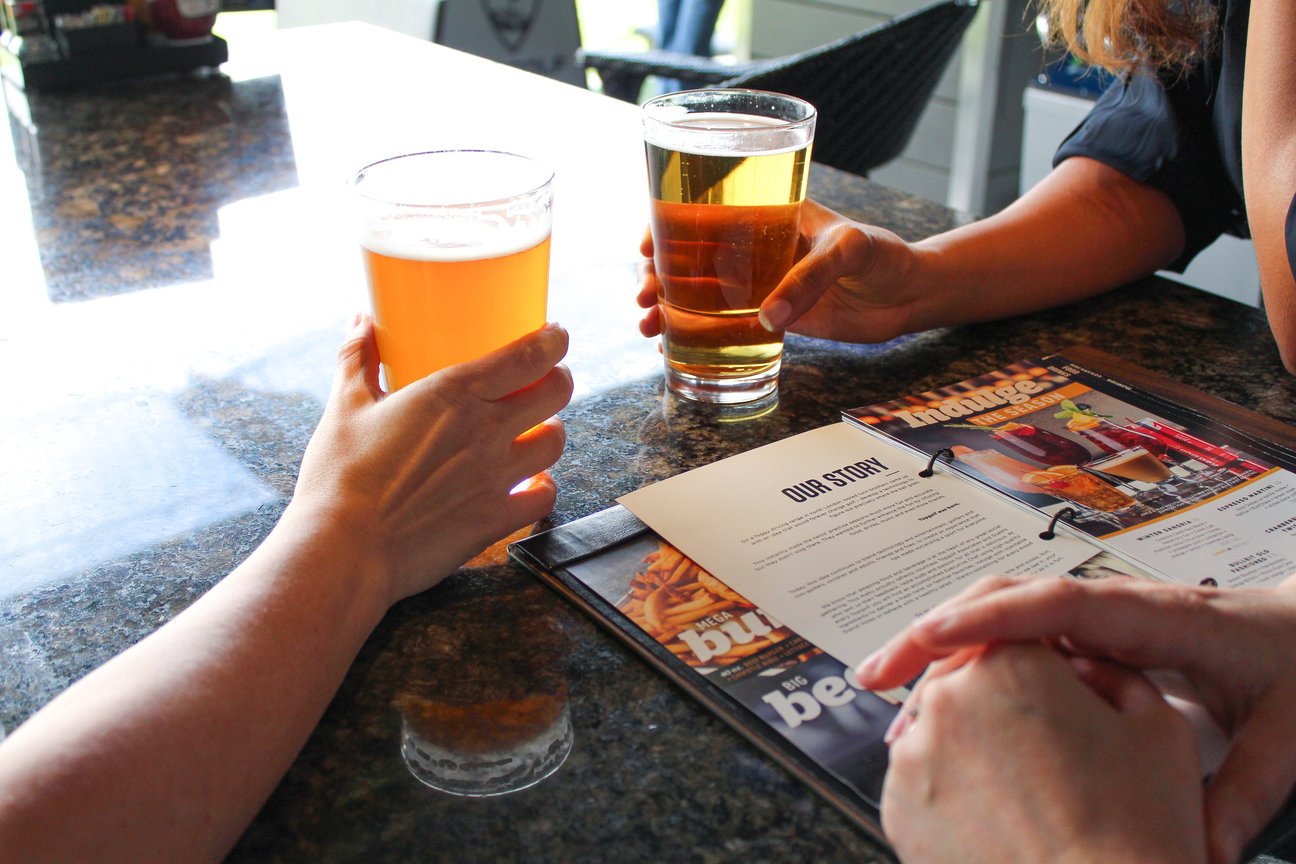


Katie says
Daniel,
We did not find this in our research for the blog, but this is an interesting practice! Are you a homebrewer?
Daniel Tiemeier says
What about letting the tap water sit for a few hours, so that the chlorine, fluoride and other gases can escape?